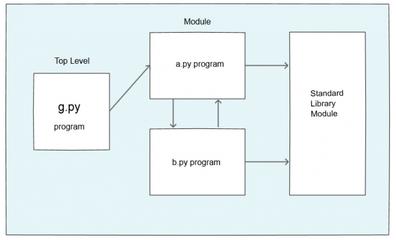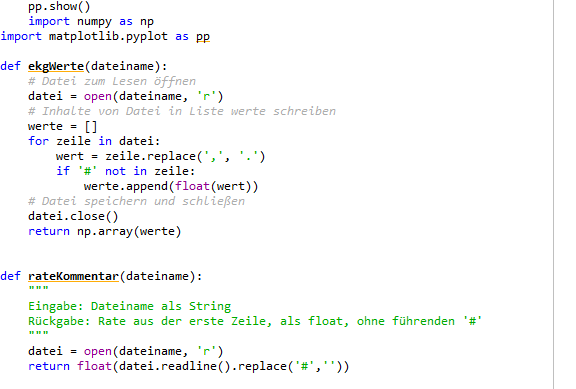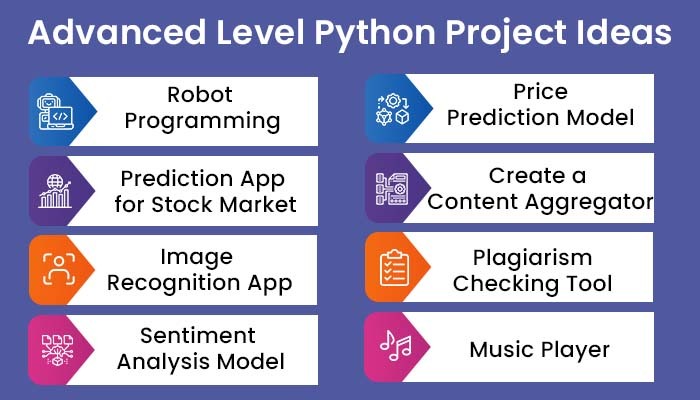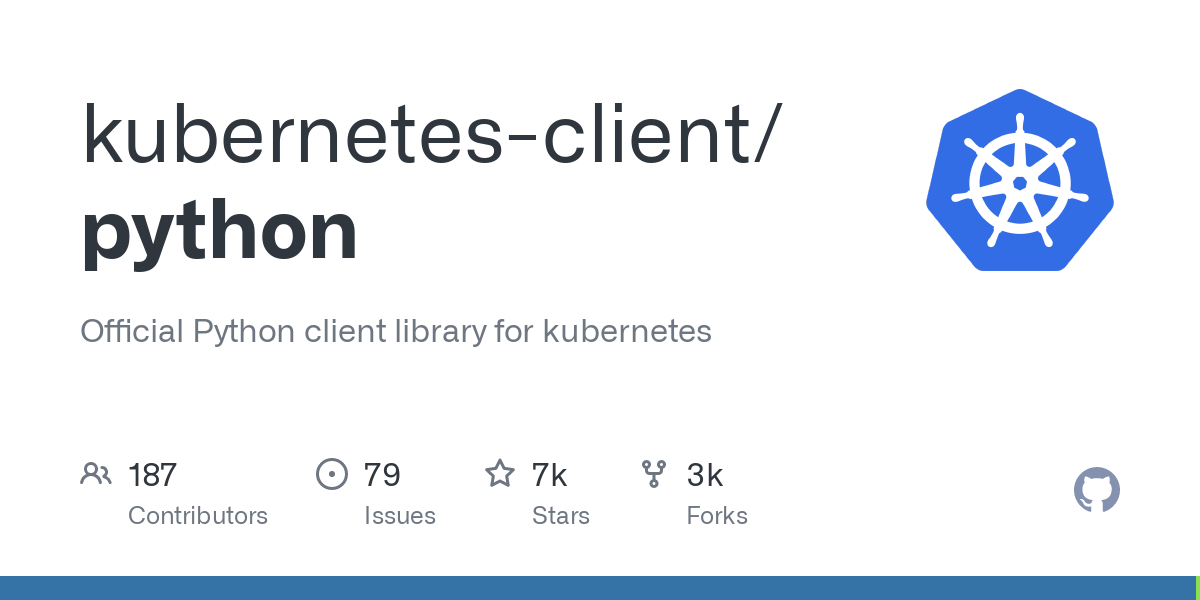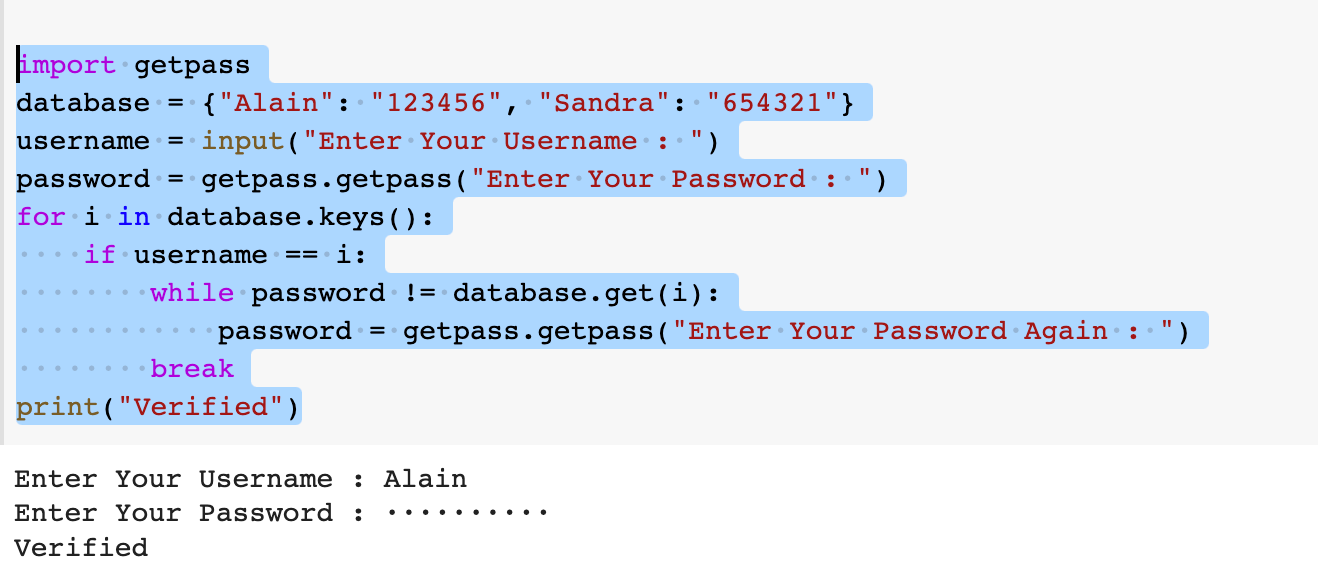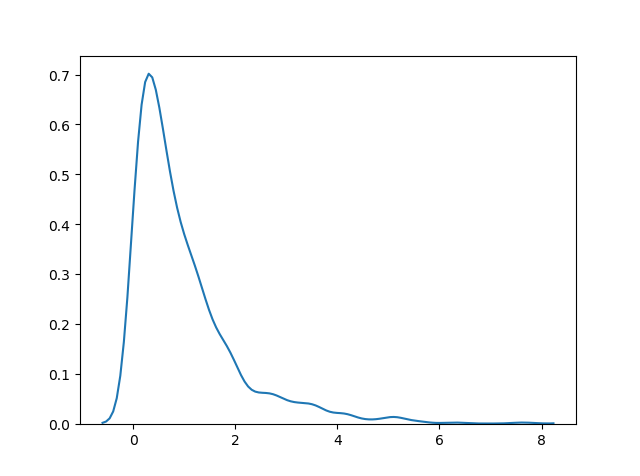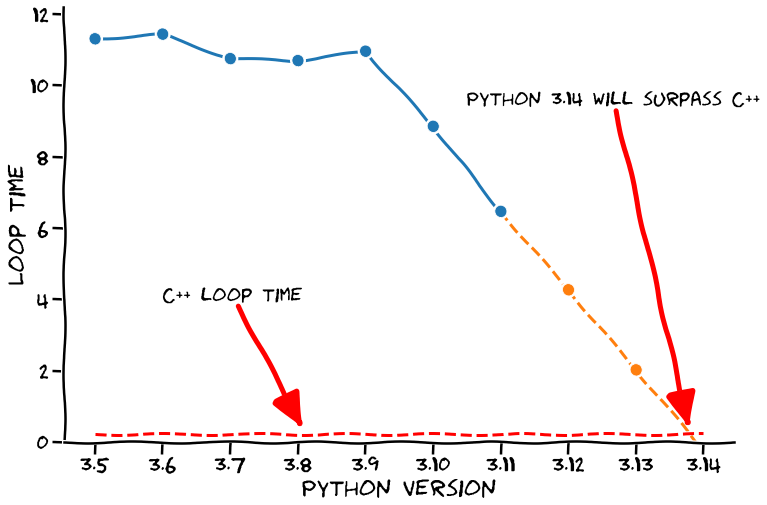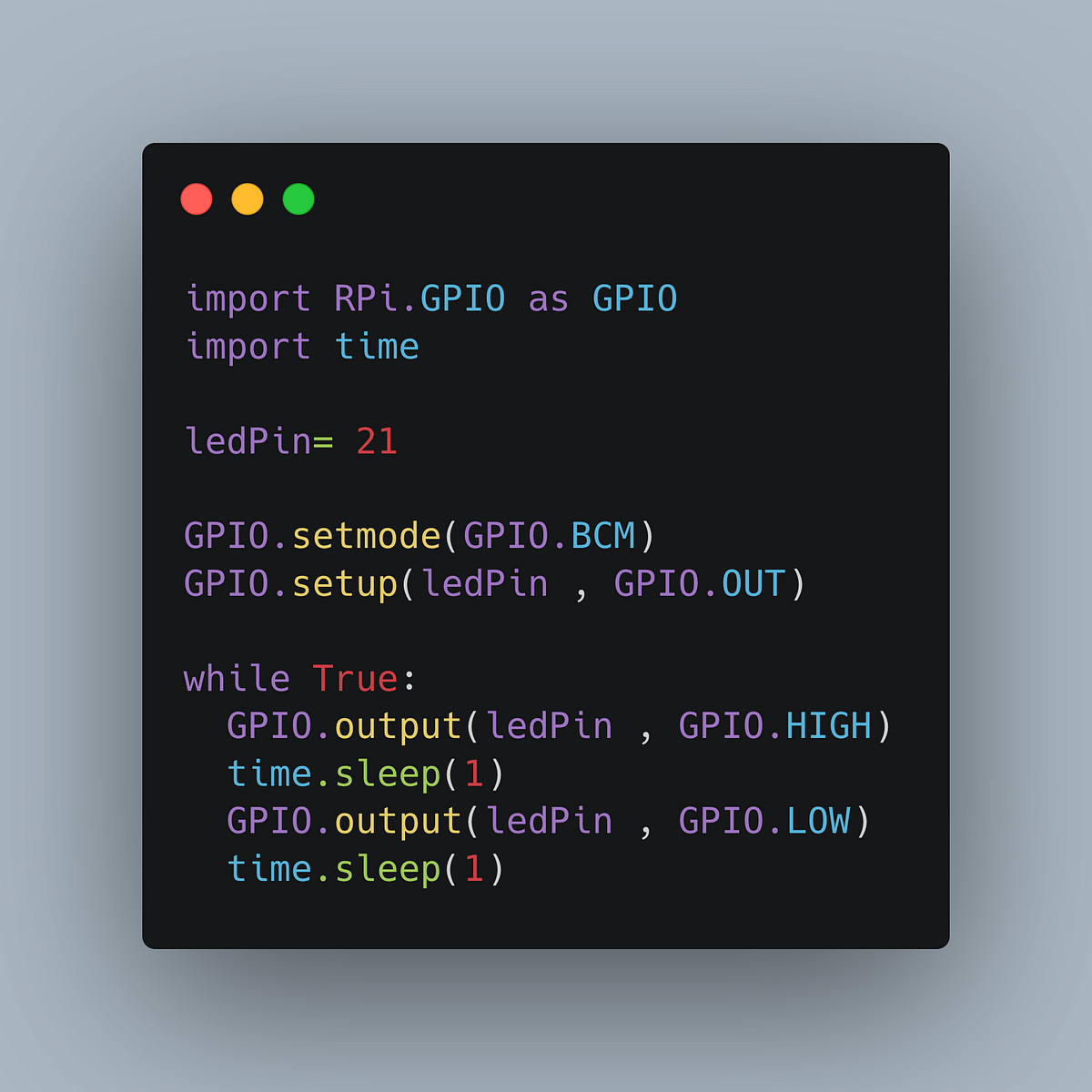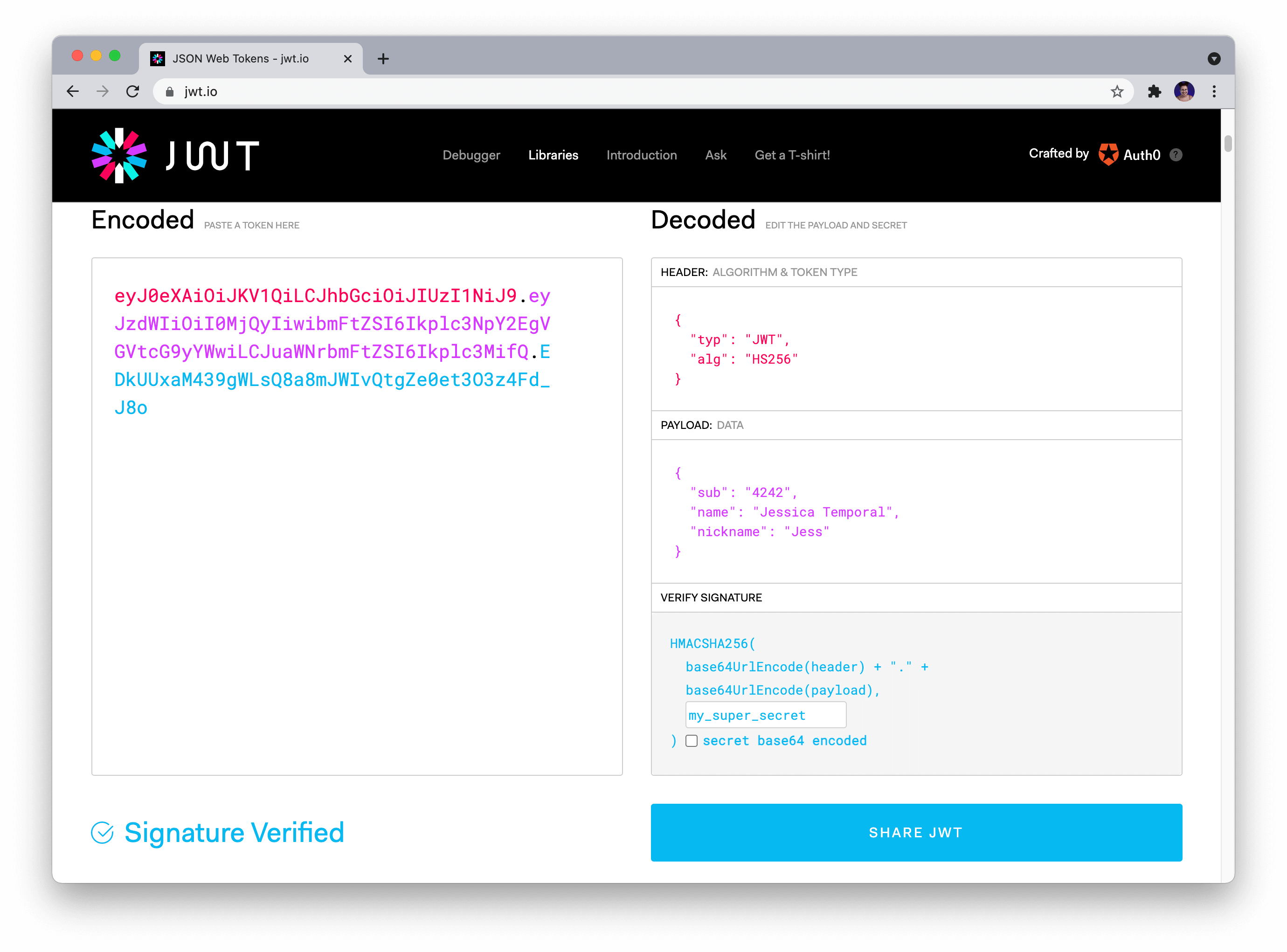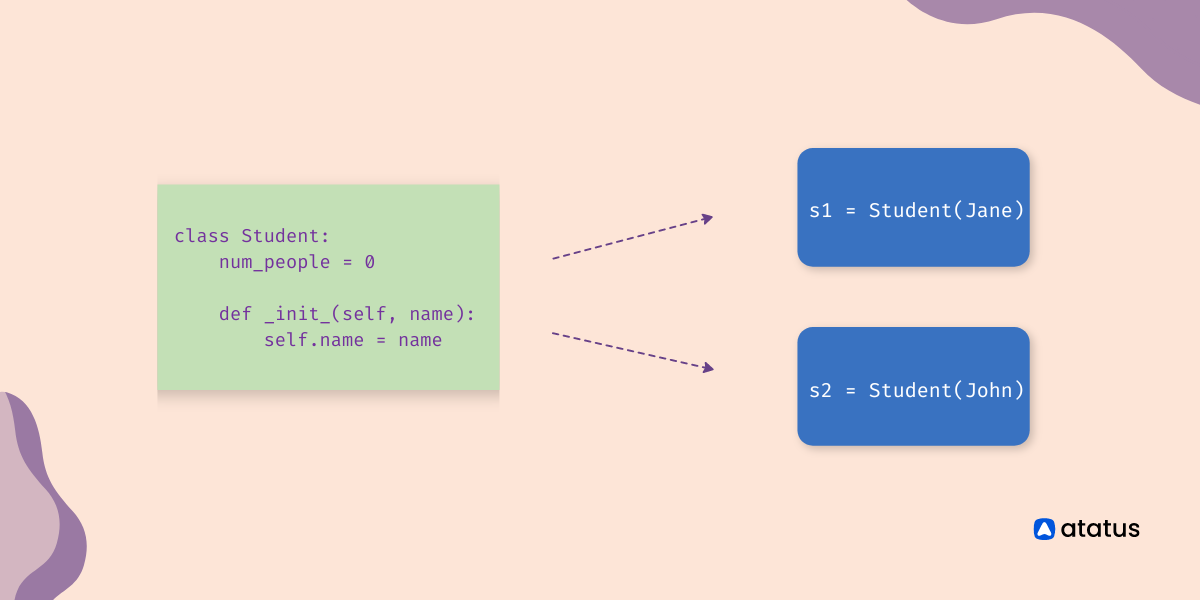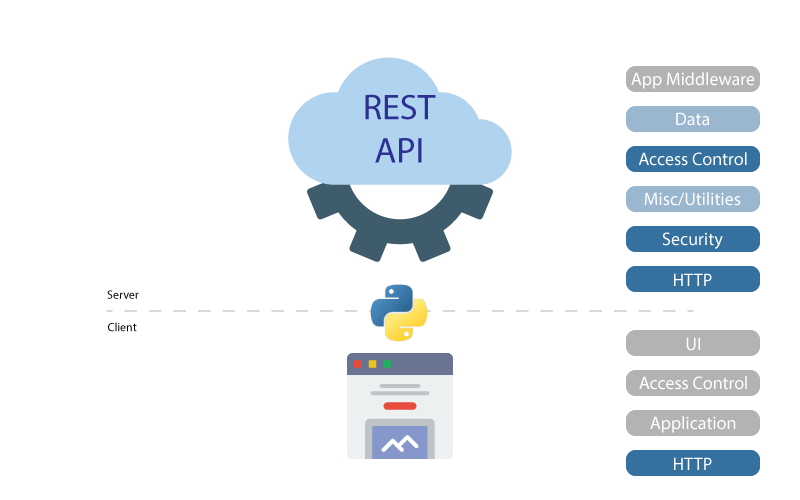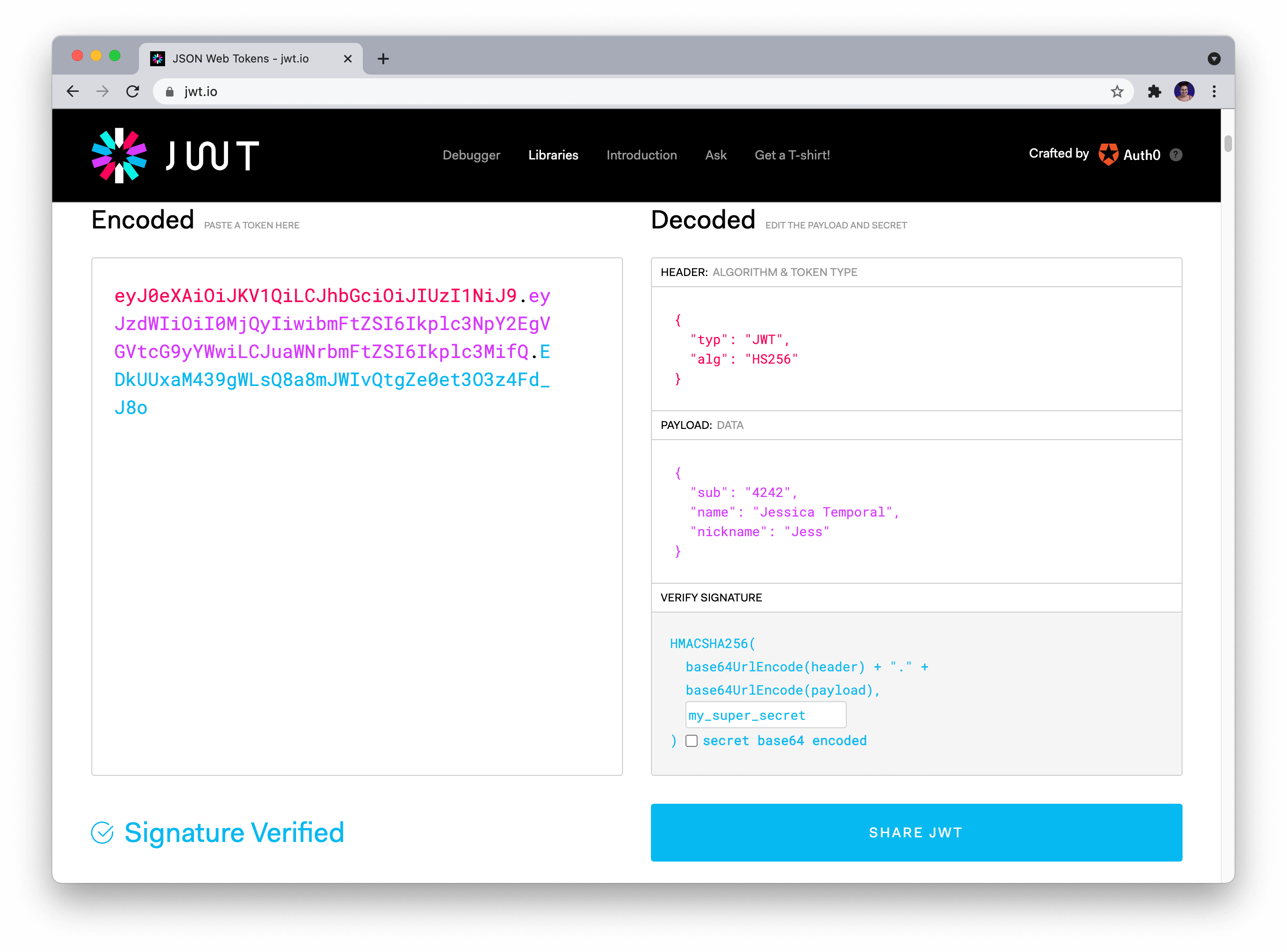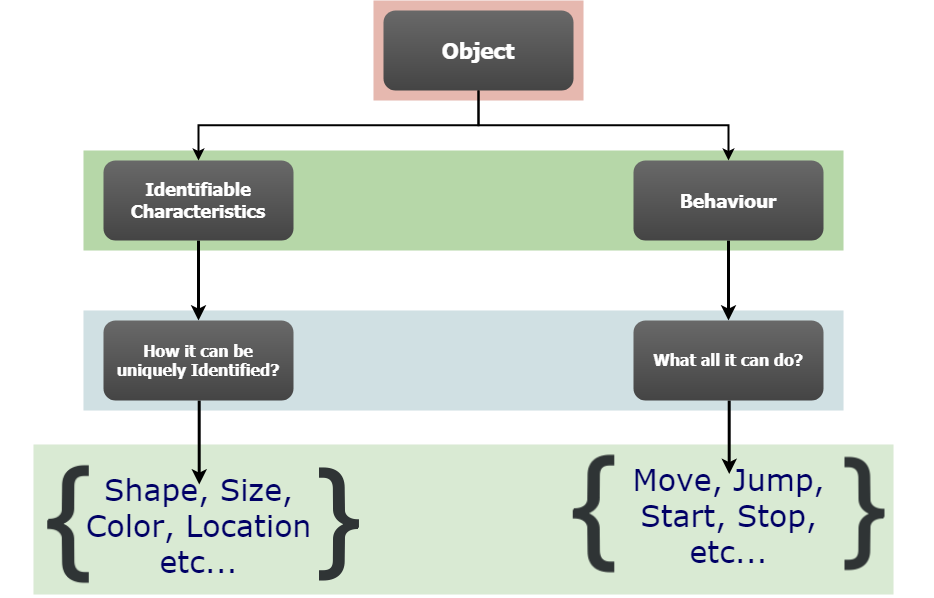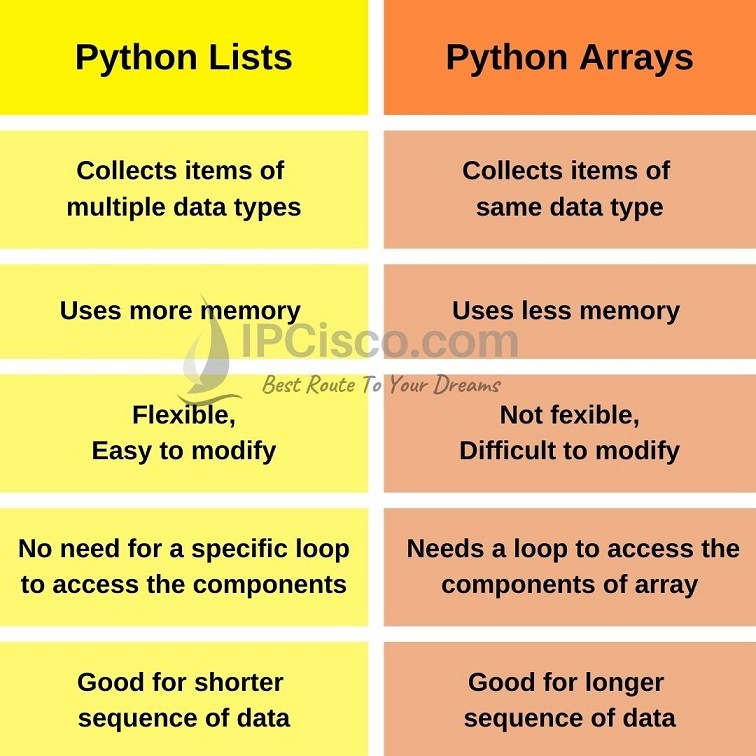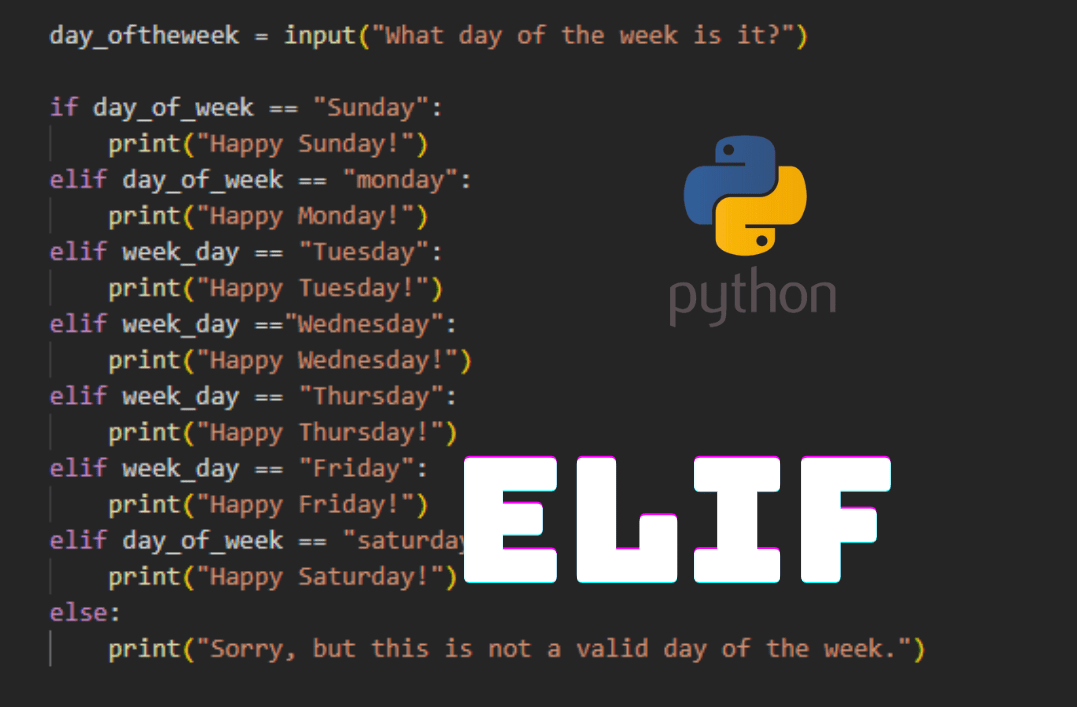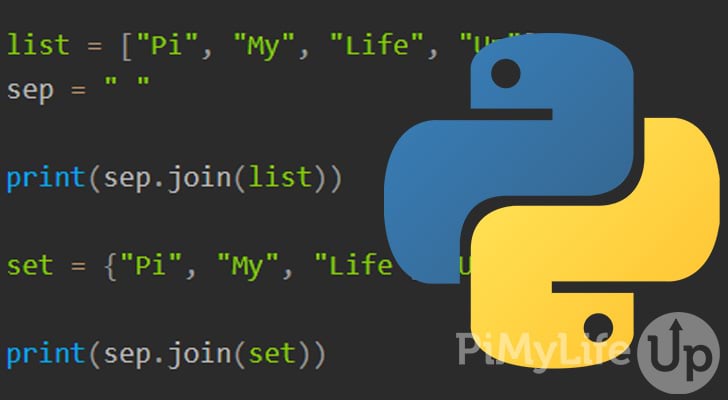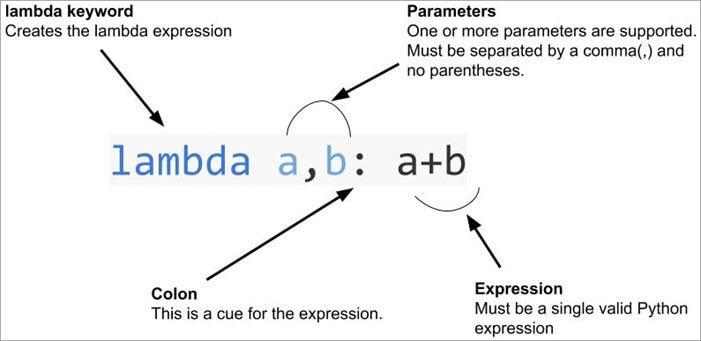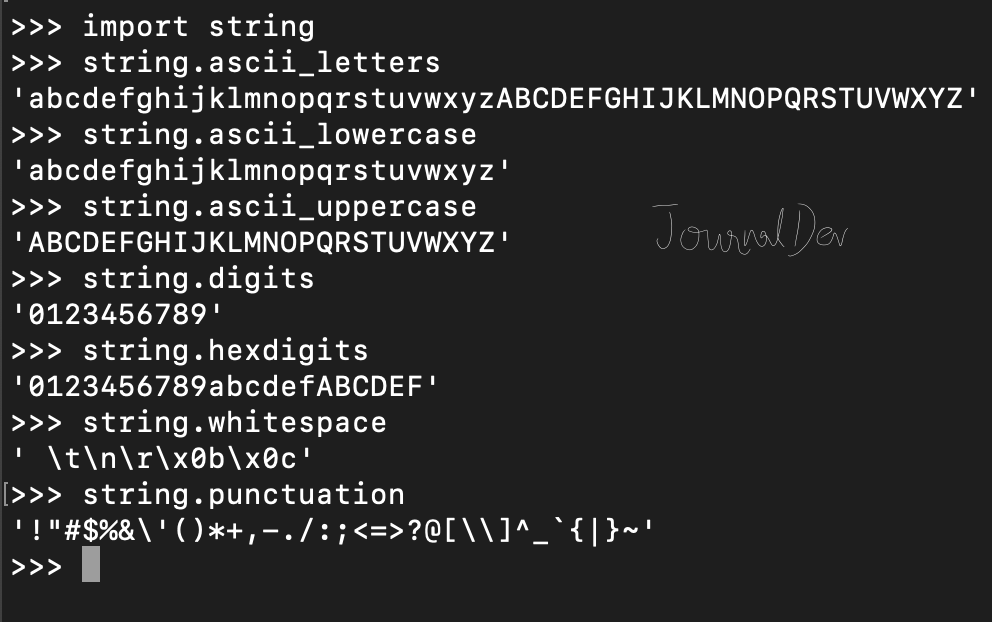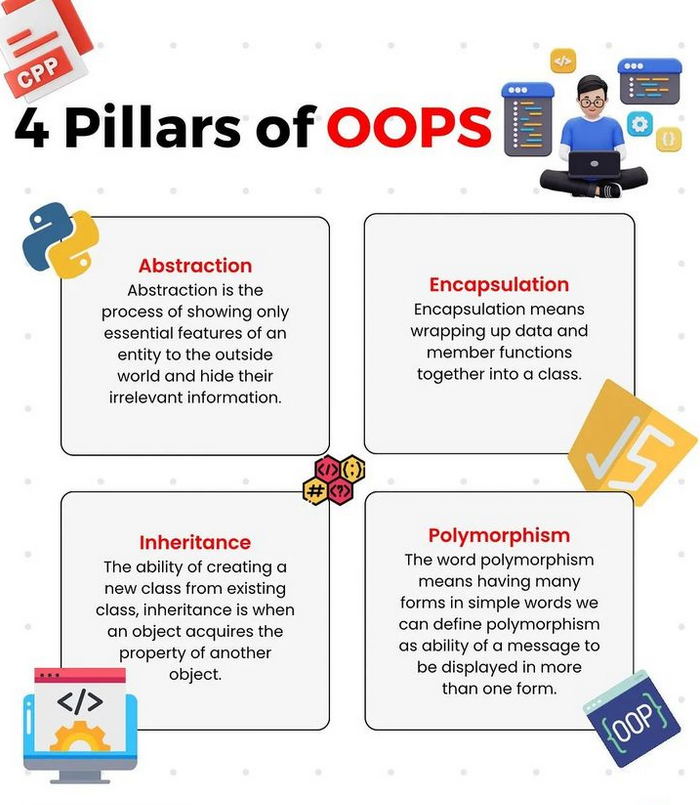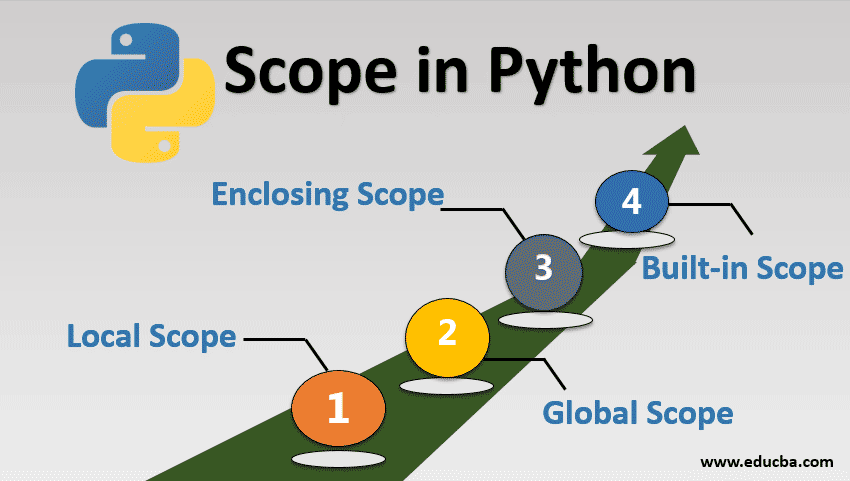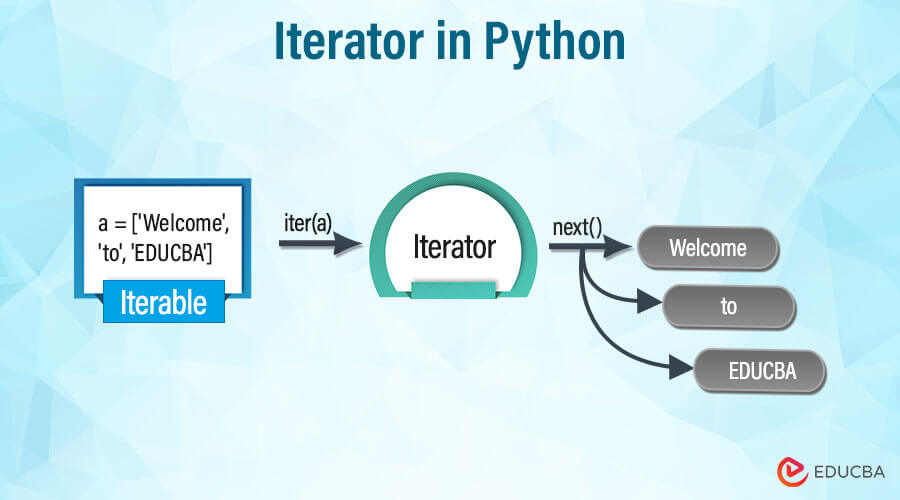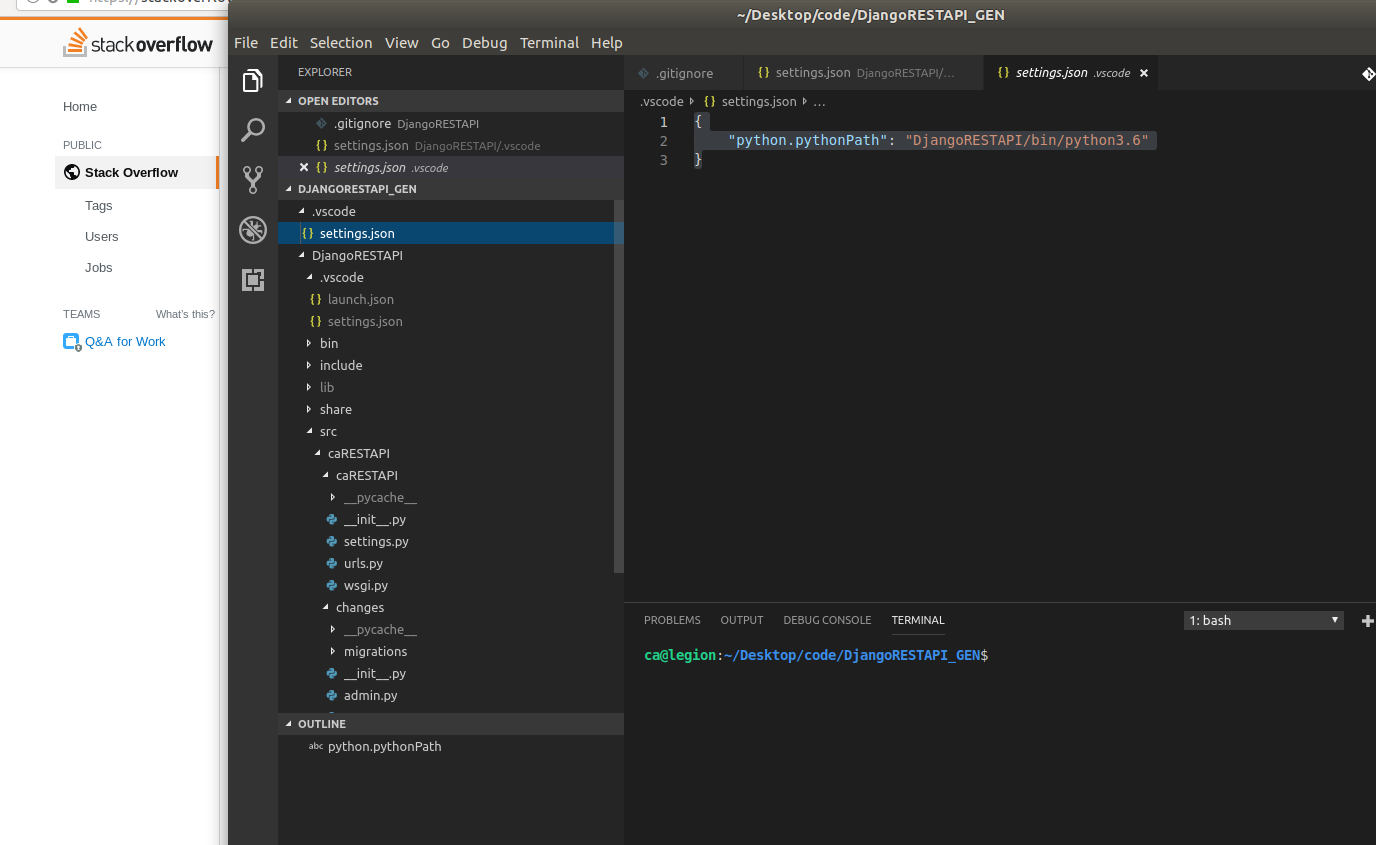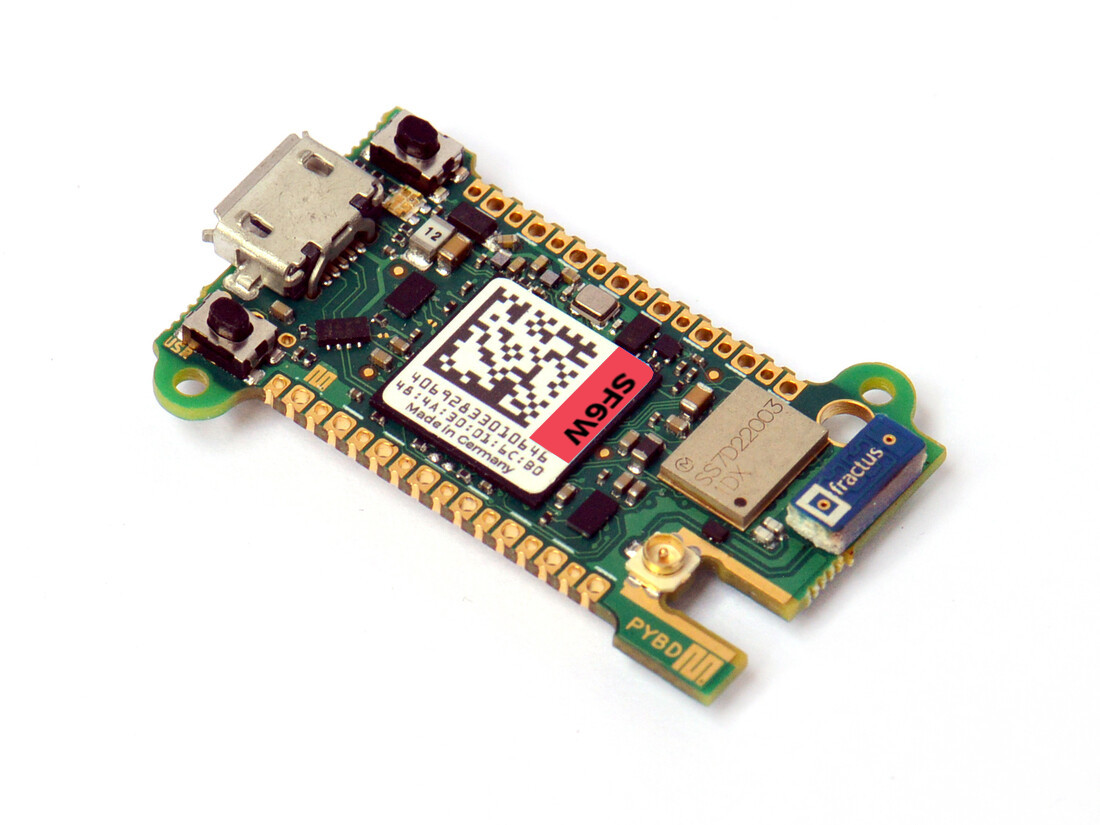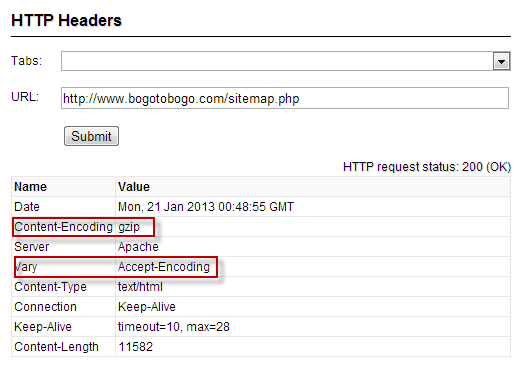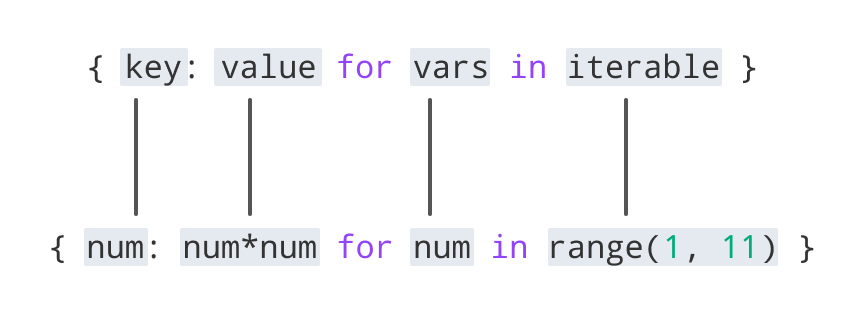Python Azure Function example
Python Azure Function example
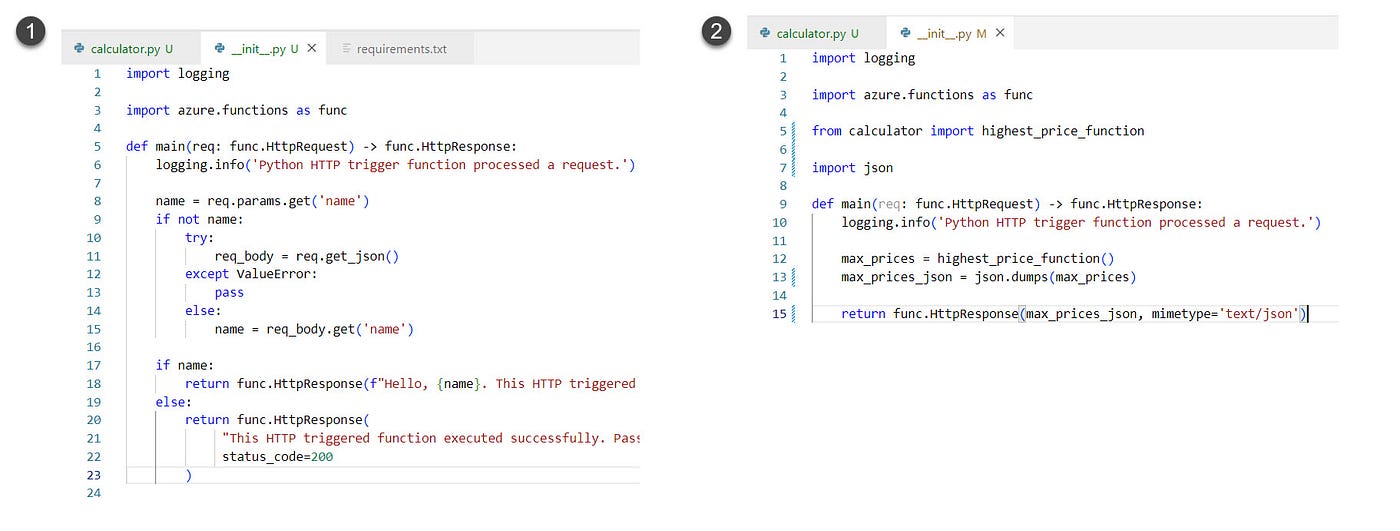
I'd be happy to provide an example of a Python Azure Function!
Azure Functions is a fully managed serverless compute service that allows you to write small code snippets called "functions" that can be triggered by various events such as HTTP requests, timer triggers, or changes to files or queues.
Here's an example of a Python Azure Function:
import logging
from azure.functions import *
def main(req: func.HttpRequest) -> func.HttpResponse:
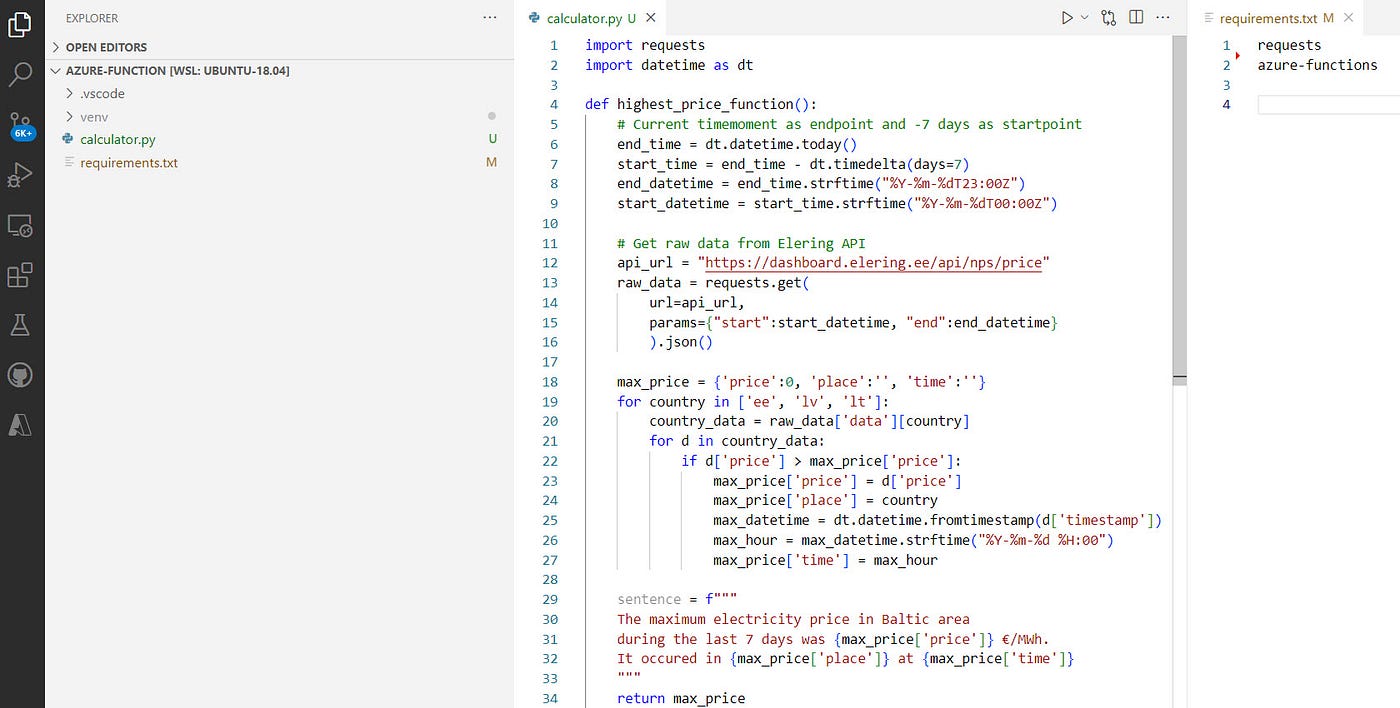
logging.info('Python function executed')
Get the name from the request body
name = req.get_json().get('name')
if not name:
return func.HttpResponse(
"Please pass a 'name' value",
status_code=400
)
return func.HttpResponse(f"Hello, {name}!")
This function is triggered by an HTTP request and accepts a JSON object in the request body that contains a single key-value pair with the key being "name". The function then extracts this name from the request and returns a new HTTP response that includes a greeting message.
To deploy this function to Azure, you'll need to:
Create a new Azure Functions project using the Azure CLI or Visual Studio Code. Create a new file calledmain.py in the root of your project and paste the above code into it. Create an function.json file in the same directory with the following contents:
{
"bindings": [
{
"type": "httpTrigger",
"direction": "in",
"name": "req"
}
]
}
This file defines the HTTP trigger for your function.
Package your project and deploy it to Azure using the Azure CLI or Visual Studio Code. Once deployed, you can test your function by sending an HTTP request with a JSON payload containing the name value.Here's an example of what this request might look like:
curl -X POST -H "Content-Type: application/json" -d '{"name": "John"}' http://.azurewebsites.net
This will trigger your function and return a response with the greeting message.
I hope this example helps you get started with Azure Functions and Python! Let me know if you have any questions.
How Python can be used in Azure?
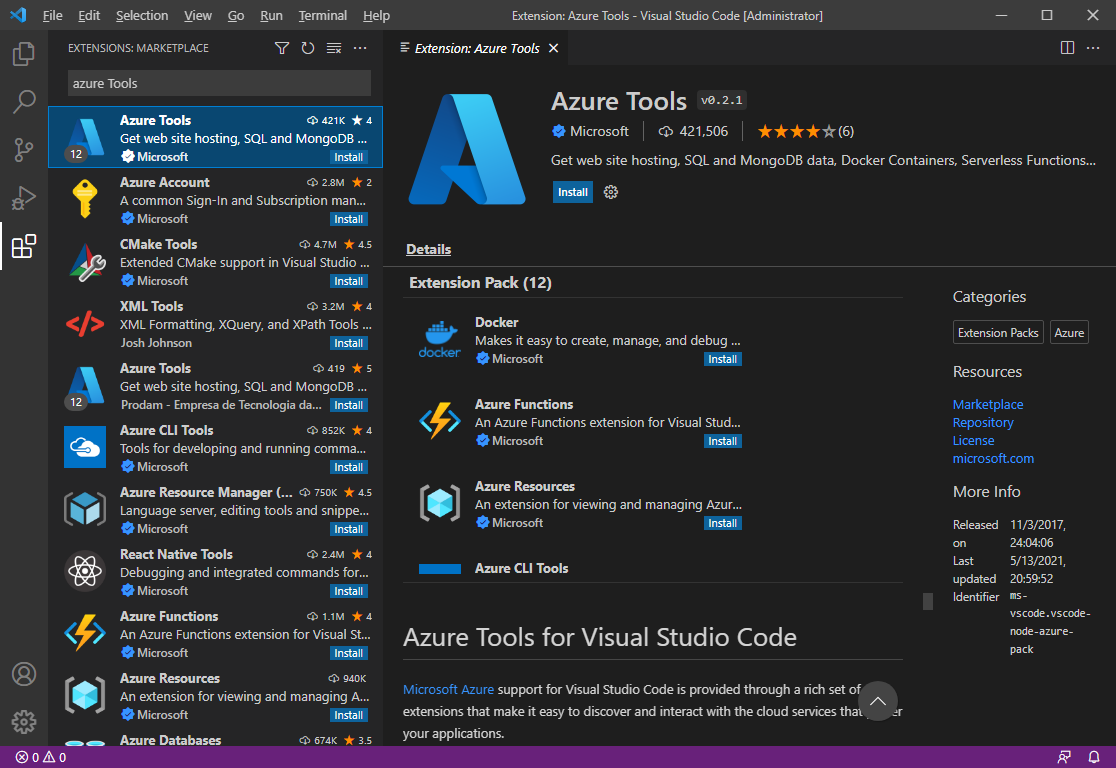
Python is a popular programming language that has gained significant traction in the cloud computing landscape. Azure, Microsoft's cloud platform, has also been expanding its support for Python to make it easier for developers to create applications using this language.
Azure provides several ways for you to use Python:
Azure Functions: You can use Python as one of the supported languages when building Azure Functions. This allows you to write event-driven code that runs in response to triggers, such as new messages on an Event Grid or changes to a Cosmos DB container. Azure Machine Learning (AML): AML supports Python as its primary language for machine learning model development and deployment. You can use popular libraries like TensorFlow, Keras, and scikit-learn with Azure ML to train and deploy models in the cloud, on-premises, or at the edge. Azure Databricks: This is an Apache Spark-based analytics platform that supports Python as one of its primary languages for data engineering and science workloads. You can use Azure Databricks to process large datasets, build predictive models, and perform data visualizations. Azure Notebooks: Azure Notebooks provides a hosted environment for Jupyter Notebook development and deployment. You can create and share interactive, web-based documents that contain code, output, and narrative text. Visual Studio Code (VS Code): VS Code is a popular code editor that supports Python development through extensions like the Python Extension Pack. This allows you to create and debug Python projects locally or remotely using Azure's cloud services.Azure provides several benefits when working with Python:
Cost-effective: You only pay for the resources you use, which makes it an attractive choice for developers who want to build and deploy applications without worrying about high costs. Flexibility: With Azure's support for multiple programming languages, including Python, you can choose the language that best fits your project needs. Integration with other services: Azure provides seamless integration with other Microsoft services like Office 365, Dynamics, and Power Apps, making it easy to build complex workflows and applications.In summary, Azure offers a range of opportunities for developers to use Python in various scenarios, from building event-driven functions to deploying machine learning models. With its cost-effective pricing model, flexibility, and integration with other Microsoft services, Azure is an attractive choice for any developer looking to leverage the power of Python in the cloud.
